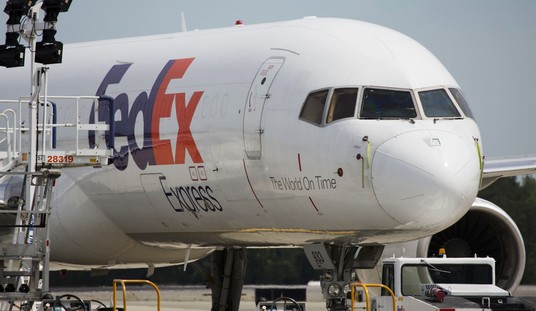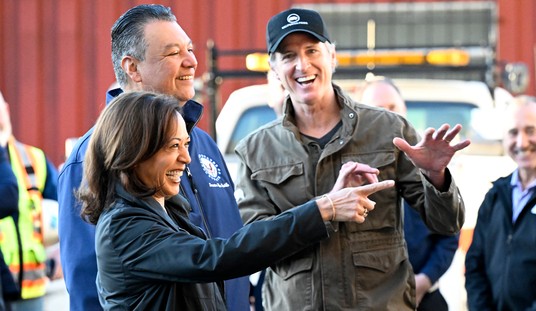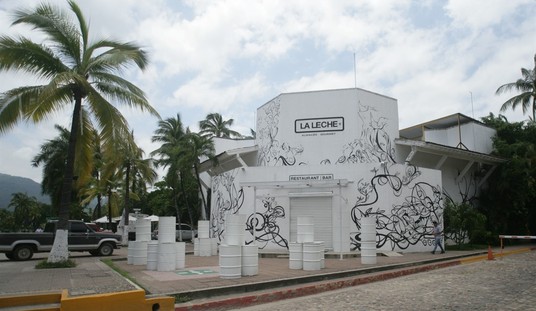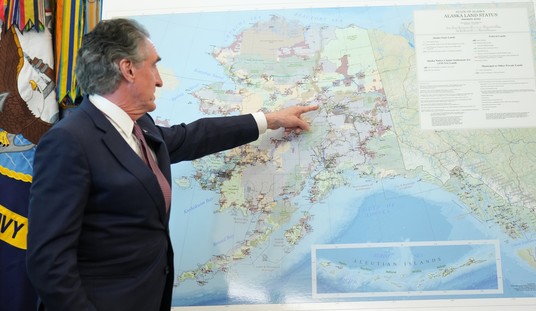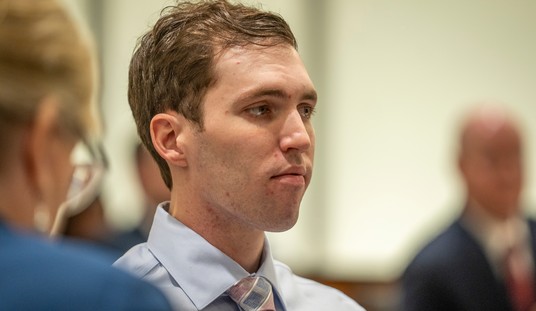In American politics, connecting with voters often requires more than polished speeches, television ads, or carefully crafted policy proposals. At its core, politics is about people. That’s why one of the most effective ways for candidates—particularly conservatives—to engage with ordinary Americans is by showing up where the people already gather. And in the fall, few venues bring more citizens together than college football stadiums.
We’re winning on field & soon we’ll be winning off field too. OH-IO!! 🏈💪🏼 pic.twitter.com/cDzwNhQzSN
— Vivek Ramaswamy (@VivekGRamaswamy) August 30, 2025
For decades, college football has been more than a sport; it has been a cultural anchor. On Saturdays, families and friends come together across small towns and large cities to cheer on their alma mater or their state schools. Tailgates stretch for miles, stadiums pack in tens of thousands of fans, and millions more watch from home. For a political candidate, this is not just a game—it’s a golden opportunity to meet people where they are.
Had a phenomenal time tonight at @utrgv very first football game ever.
— Ted Cruz (@tedcruz) August 31, 2025
A sold-out crowd & enormous excitement all throughout the Valley.
And the Vaqueros won 66-0! ✌️ pic.twitter.com/hjuOmoZNLn
Democrats often rely heavily on controlled environments: union halls, activist rallies, or staged campaign stops where the audience is filtered and the questions are scripted. Conservatives, by contrast, have a long tradition of showing up in the real world—state fairs, diners, etc. College football games fit perfectly into that model.
When candidates attend a game, they don’t just shake hands; they signal that they understand the importance of community and tradition. Football Saturdays are about more than touchdowns. They’re about families passing down traditions, college students experiencing the pride of their schools, and alumni reconnecting with their roots.
It’s easy to tell when a politician is out of touch with ordinary voters. We’ve all seen the awkward photos of candidates eating corn dogs at the Iowa State Fair or fumbling through local customs they don’t understand. But when candidates genuinely appreciate the culture of college football, their presence at a game feels authentic.
Donald Trump was cheered & USA chants broke out at the Alabama vs Georgia game when he appeared on the Jumbotron.
— Jon Root (@JonnyRoot_) September 29, 2024
Tim Walz was booed & “Tampon Tim” chants broke out as Michigan & Minnesota fans were forced to wait outside in the rain so he could enter the stadium… pic.twitter.com/yPAWucKLK5
College football fans aren’t looking for canned soundbites or empty promises. They’re looking for leaders who share their values—hard work, loyalty, teamwork, and pride in their communities. By mingling with fans at tailgates, stopping for a few minutes to toss a football with kids, or chatting with alumni about their college days, candidates create lasting impressions that no TV ad can replicate.
Conservatives should recognize that college football is one of the last unifying, apolitical institutions in America. While the NFL has been marred by anthem protests, political statements, and corporate virtue signaling, college football has largely stayed true to its roots. The pageantry of marching bands, the flyovers, and the national anthem still command respect.
We live in an era where politics feels increasingly distant. Many voters feel ignored or talked down to by elites in Washington. That’s why face-to-face engagement matters more than ever. A handshake in the parking lot, a brief conversation about last week’s game, or a photo with a young fan can leave a stronger impression than a thousand political mailers.
Let's not forget that a lot of college football goers were anti-Biden:
'F**k Joe Biden' Chants Ring Out During Multiple College Football Games https://t.co/97553IX9sj
— Daily Caller (@DailyCaller) September 19, 2021
For conservative candidates and politicians, these moments are essential. They humanize leaders, break down the caricatures often painted by the media, and remind voters that their values are shared by the people seeking their vote. College football crowds are also politically diverse, giving conservatives the chance to reach independents or even skeptical Democrats in a friendly, non-political environment.
Politics, at its best, is about building trust and shared identity. By showing up at games, speaking to fans, and immersing themselves in the culture, political candidates can demonstrate that they value tradition, community, and the American way of life.
If conservatives want to win the trust of the American people, they should never underestimate the power of a Saturday afternoon at a college football game. Sometimes, the path to the ballot box begins at the tailgate.




